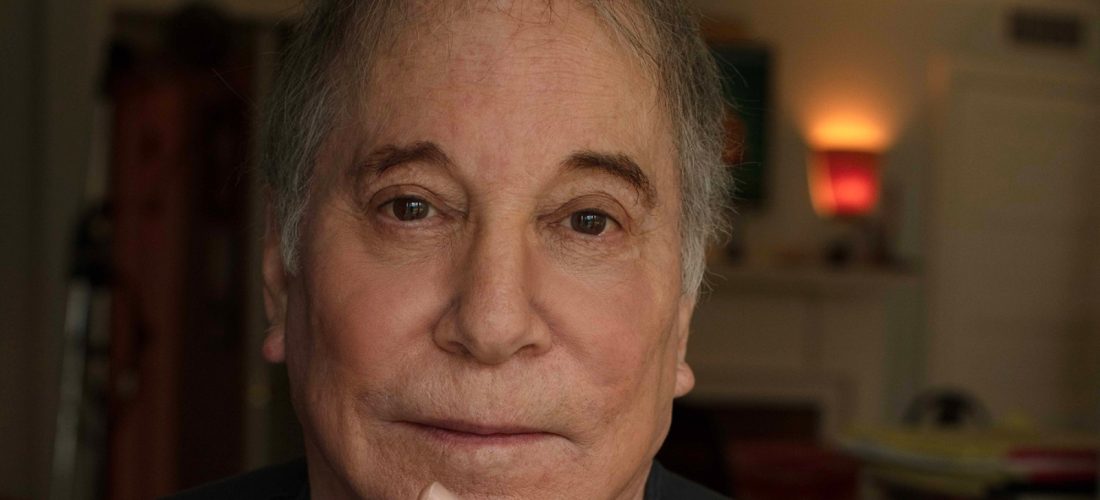Paul Simon Dreams of the Eternal on ‘Seven Psalms’
Paul Simon follows his muse wherever it leads him, whether that meant leaving Simon & Garfunkel at their commercial peak, or opening his debut solo album with “Mother and Child Reunion,” a reggae track recorded in Kingston a full year before the Wailers released Catch a Fire, or helping South African township jive go international with Graceland. Nobody expected him to do those things, and similarly, no one was expecting the 81 year-old singer-songwriter’s newest release—Seven Psalms, a 33-minute suite whose title and concept literally came to him in a dream. Simon had suggested that 2016’s Stranger to Stranger, his last album of new material, might be his final statement. But befitting an iconic wordsmith, he’s back with more to say.
Musically, Seven Psalms is in some ways also inevitable. Simon did, after all, write modern classics in the gospel (“Loves Me Like a Rock”) and hymnal (“Bridge Over Troubled Water”) traditions. And spiritual questions have long fueled his songwriting, often from unexpected angles, from “Mother and Child Reunion” all the way to 2011’s So Beautiful or So What, where landing in “The Afterlife” resembled a trip to the DMV and his “Questions for the Angels” included, “Will I wake up from these violent dreams/With my hair as white as the morning moon?”
Here such concerns aren’t mere questions but directives: “Dip your hand in heaven’s waters/God’s imagination,” he sings on “Your Forgiveness.” This time out, mortality and what comes next are the music’s meat. Taking stock in life has always been one of Simon’s lyrical specialties, and he does so throughout Seven Psalms. The lyrics came to him in fragments while the songwriter dreamt, and what he did with them is both a testament to hard craft and a rather ingenious rendering of their initial dream-state. The music is serious, even solemn, just as the format suggests—you don’t boogie down to a psalm. But it’s also surprisingly wide-ranging. Simon’s always been a masterful guitarist, and his playing here has a cobwebbed beauty, particularly on the blues-as-psalm “My Professional Opinion.” Subtly layered percussion, close vocal harmonies from the British choir VOCES8, and scratchy strings add texture to the shroud-like arrangements; so, late in the album, does the voice of Simon’s wife, Edie Brickell.
What makes this music connect is Simon’s ability to make a spiritual setting feel down-to-earth, what you might expect from one of American pop music’s greatest conversational songwriters. “I heard two cows in a conversation/One called the other one a name/In my professional opinion/All cows in the country must bear the blame,” Simon sings, showing us that he hasn’t lost his sense of humor, however somber the setting. In one recurring fragment, dubbed “The Lord,” we learn that “The Lord is my engineer/The Lord is my record producer/The Lord is the music I hear/Deep in the valley of elusive.” When he and Brickell finish this expansive work by harmonizing, “Children, get ready/It’s time to come home/Amen,” it has the kind of finality you expect from a great composer summoning many decades of accrued wisdom.
